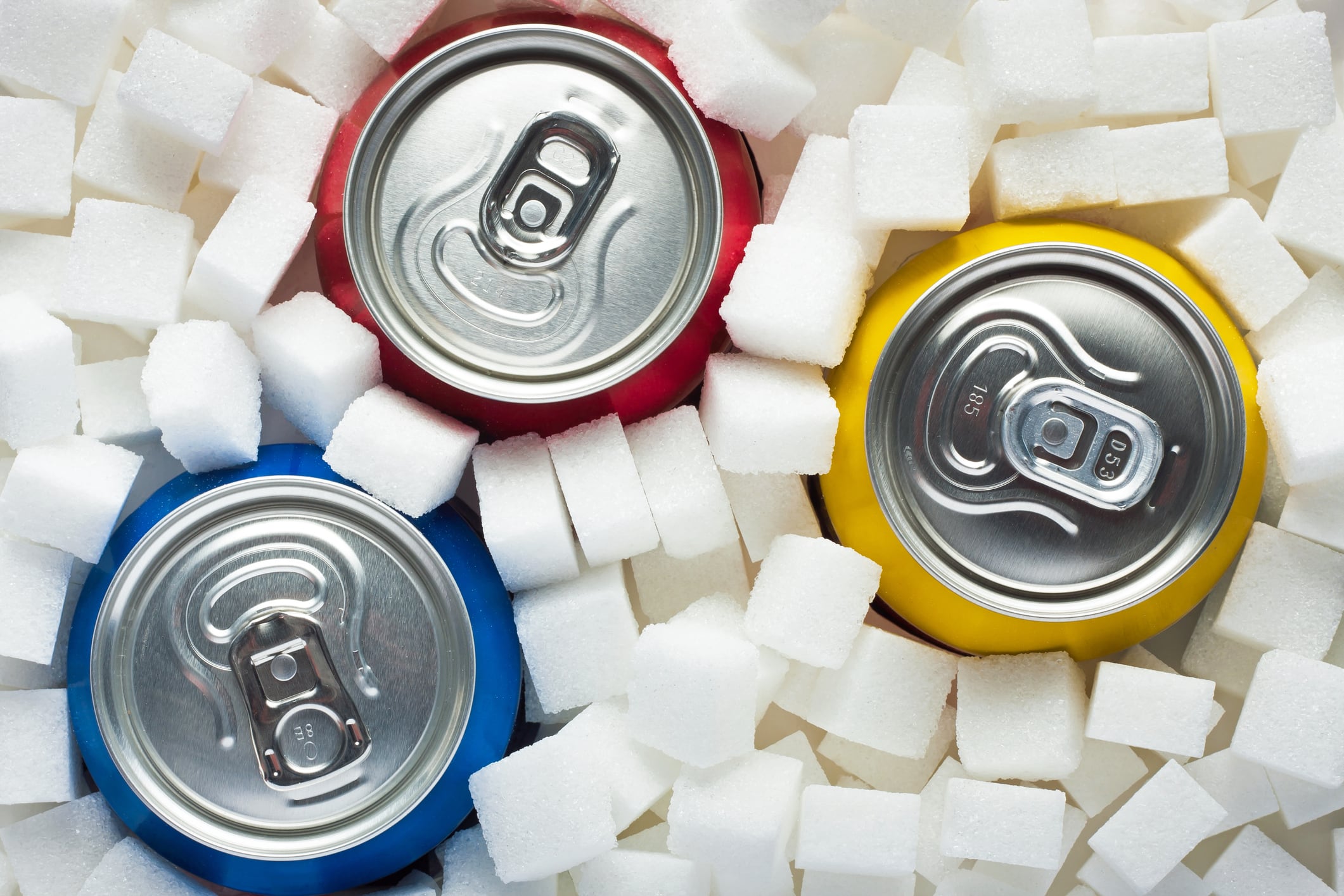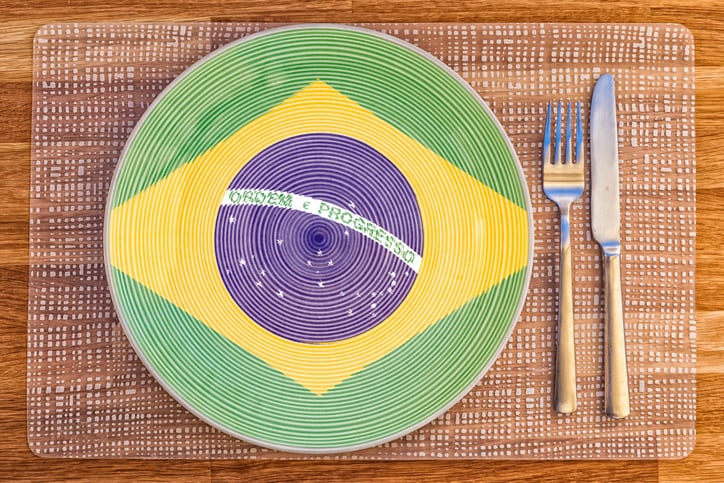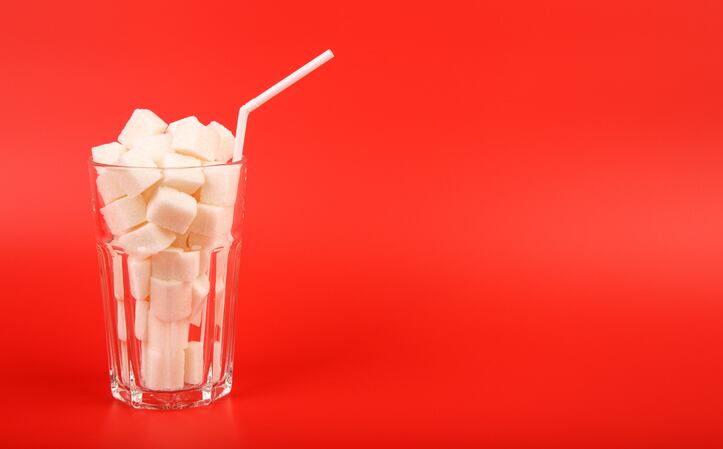Scientists from the University of North Carolina at Chapel Hill and Mexico’s Instituto Nacional de Salud Pública also report that the purchases of untaxed beverages increased in these households, by an average of 12%.
The data, published in the journal Public Health Nutrition, supports the positive impacts of the country’s soda tax of 1 peso per liter on all non-alcoholic beverages with added sugar.
A 2017 paper by scientists from the same research groups found that the 1 peso per liter soda tax led to a 5.5% drop in the first year after the tax was introduced was followed by a 9.7% decline in the second year (Health Affairs, Vol. 36, pp. 564–571).
“Evidence that the SSB [a sugar-sweetened beverage] tax was associated with a greater reduction in SSB purchases among higher purchasers of taxed beverages is relevant because higher consumers of taxed beverages have a greater risk of obesity, diabetes and other cardiometabolic outcomes, and a greater likelihood of undiagnosed or poorly treated cardiometabolic diseases,” wrote the researchers.
“Likewise, greater increase in purchases of untaxed beverages (water and diet sodas) among households with lower purchases of these beverages and higher purchases of taxed beverages prior to the tax suggests substitution towards healthier beverages.
“Although the tax is relatively low (roughly 10 % price increase), the greater relative and absolute reductions of taxed beverages among higher consumers may impact health outcomes countrywide, assuming no substitutions for beverages with high sugar content or any other food.
“This could lead to reductions of non-communicable disease disparities in terms of health-care spending savings among the poor as universal coverage has not been reached and the Seguro Popular (a volunteer subsidized health insurance for the poor) covers only some complications.”
Study details
The researchers assessed data from 6,089 households living in areas with more than 50,000 residents. Households were divided into one of four groups, based on their pre-tax beverage purchases: (1) higher purchases of taxed beverages and lower purchases of untaxed beverages (HTLU-unhealthier); (2) higher purchases of both types (HTHU); (3) lower purchases of both taxed and untaxed drinks (LTLU); and (4) lower purchases of taxed beverages and higher purchases of untaxed beverages (LTHU-healthier).
Results showed that the largest absolute and relative reductions in taxed beverages were observed for the HTLU-unhealthier and HTHU groups, while both also displayed the greatest increases in purchases of untaxed beverages.
On the other hand, the HTLU-unhealthier and LTLU groups had the greatest increases in untaxed beverage purchases.
Interestingly, for households with the highest pre-tax purchase of SSB, the greatest reduction in purchases were observe for households with the lowest socio-economic status.
“Future research is needed on the longer-term associations of the tax on purchases with health that account for habit formation and how different groups respond or adapt over time,” concluded the researchers.
Source: Public Health Nutrition
Published online ahead of print, doi: 10.1017/S136898001800321X
“Did high sugar-sweetened beverage purchasers respond differently to the excise tax on sugar-sweetened beverages in Mexico?”
Authors: S.W. Ng et al.




